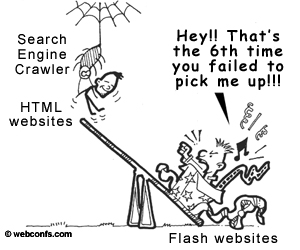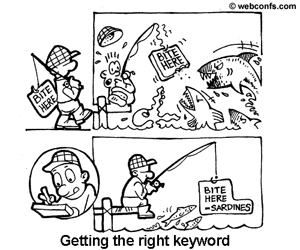history of search engins
In the beginning of Online development, its users were a blessed community and the amount of available details was relatively small. Accessibility was mainly limited to workers of various colleges and labs who used it to get access to medical details. In those times, the problem of finding details on the Online was not nearly as critical as it is now.
Site internet directories were one of the first methods used to assist in entry to web sources on the system. Links to these sources were arranged by subject. Search search engines was the first venture of this kind started out in Apr 1994. As the number of sites in the Search search engines listing inexorably increased, the designers of Search search engines made the listing retrieveable. Of course, it was not a google look for website in its true form because searching was limited to those sources that is results were put into the listing. It did not definitely seek out sources and the concept of seo was yet to arrive.
Such link internet directories have been used substantially in the past, but these days they have lost much of their popularity. The reason is simple – even modern internet directories with lots of sources only carry a tiny portion of the Online. For example, the biggest listing on the system is currently DMOZ (or Open Directory Project). It contains details on about five million sources. Compare this with the Search website data source containing more than eight billion dollars records.
The WebCrawler venture started in 1994 and was the first full-featured google look for website. The Lycos and AltaVista google showed up in 1995 and for many years Alta Windows vista was the significant player in this field.
In 1997 Sergey Brin and Ray Page created Search search engines as a research study at Stanford School. Search search engines is now the most popular google look for website in the world.
Currently, there are three leading international google – Search search engines, Search search engines and MSN Search. They each have their own directories and look for methods. Many other google use results via these three significant google and the same seo expertise can be applied to all of them. For example, the AOL google look for website (search.aol.com) uses the Search search engines data source while AltaVista, Lycos and AllTheWeb all use the Search search engines data source.
Labels: search engine in goa, search engine optimization in goa, SEO, seo in goa


